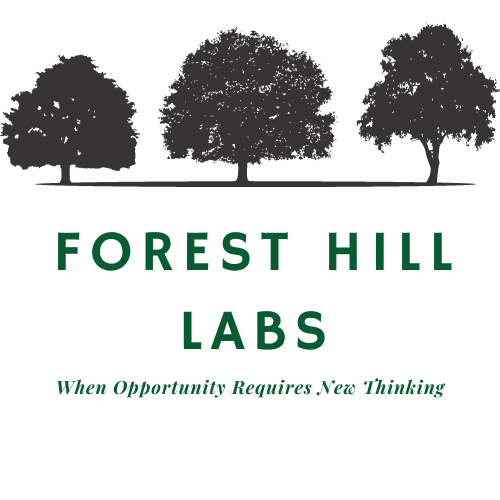Investors Bulletin: A.I. & Digital Health
by Robert James Horne & Margaret Wherenberg / Published March 28th, 2024
Little Peggy Gets Her News - Copyright FHL 2024
Recent Artificial Intelligence Healthcare News
YOUR A.I. HEALTHCARE QUESTIONS ANSWERED...
How can A.I. help with disease prevention?
Artificial intelligence (AI) plays a crucial role in disease prevention by leveraging data, predictive models, and advanced algorithms. Here are some ways AI contributes to disease prevention:
Early Detection and Diagnosis:
AI algorithms analyze medical images (such as X-rays, MRIs, and CT scans) to detect early signs of diseases like cancer, diabetic retinopathy, and pneumonia.
For instance, AI-powered mammography systems can identify breast cancer at an early stage, improving survival rates.
Risk Assessment and Prediction:
AI models analyze patient data (including medical history, genetics, and lifestyle) to assess individual risk factors.
By identifying high-risk individuals, healthcare providers can offer personalized preventive measures and intervention.
Drug Discovery and Development:
AI accelerates drug discovery by analyzing vast datasets and predicting potential drug candidates.
Machine learning models help identify molecules with therapeutic potential, reducing the time and cost of drug development.
Epidemiological Surveillance:
AI monitors disease outbreaks by analyzing real-time data from various sources (social media, news, health records).
Early detection of outbreaks allows for timely intervention and containment.
Personalized Treatment Plans:
AI tailors treatment plans based on individual patient characteristics.
It considers factors like genetics, comorbidities, and medication responses to optimize treatment outcomes.
Behavioral Interventions:
AI-powered chatbots and virtual assistants provide health education, encourage healthy behaviors, and remind patients to take medications.
These interventions promote disease prevention and management.
Genomic Medicine:
AI analyzes genomic data to identify disease susceptibility and predict responses to specific treatments.
Personalized genomic insights guide preventive measures.
Public Health Decision-Making:
AI models assist policymakers in making informed decisions related to disease prevention.
They predict disease trends, resource allocation, and optimal vaccination strategies.
Remember that while AI offers immense potential, ethical considerations (privacy, bias, transparency) must guide its implementation. Collaborations between healthcare professionals, researchers, and AI experts are essential for successful disease prevention efforts.
Recent Artificial Intelligence in Healthcare Articles:
Can artificial intelligence extend healthcare to all? | Reuters
Healthcare leaders launch Trustworthy & Responsible AI Network (healthitanalytics.com)
HIMSSCast: AI can increase the success rate of pregnancy | Healthcare Finance News
Artificial Intelligence (AI) in Healthcare: 2 Top Stock Picks (msn.com)
UC Irvine is making big strides with nursing-focused AI models | Healthcare IT News
Uncovering Hidden Gems: 1 AI-Powered Healthcare Stock Set to Dominate the Market (msn.com)
Conference bridges AI and medicine to revolutionize healthcare (msn.com)
Enhancing hospital IT's speed-to-market capability | Healthcare IT News
How RPM can scale and sustain CMS' hospital at home program | Healthcare IT News
GE HealthCare (GEHC) Uses AI Solution to Boost Medical Imaging (msn.com)
Margaret’s Weekly Minute
I was born with a tumor on my spine. I was also the first child in America to successfully go through surgery to remove the tumor, but it left me disabled. I am very grateful for all life has given me.
Sometimes what life gives me is tough. This is because the life of someone with a disability in American society is tough. I was teased by the other kids, people constantly tried to limit my opportunities because they undervalued me because of my disability. I was preyed upon by others mercilessly and even pushed down a flight of stairs at school once.
Not because of me. Just my disability.
Maybe worse is the lack of recognition I receive from others. People looking away from me instead of acknowledging my presence. It is a different kind of hurt when you want to fit in with others so badly and they won’t even acknowledge you exist.
Next time you see someone in a wheelchair, recognize they exist. Say hi. Or smile. Maybe even wave. It doesn’t matter. Some problems do not require money. Just our consideration. Maybe if we all recognized each other, regardless of disability or circumstance, our world would feel a bit more like home.
Take care this weekend.


